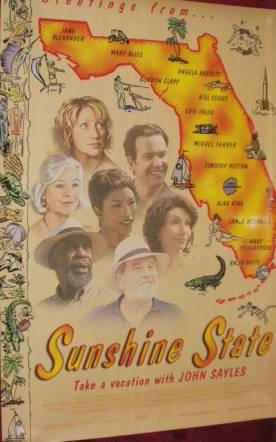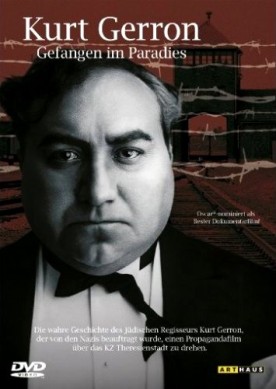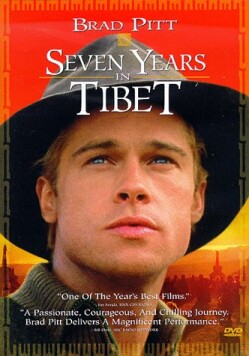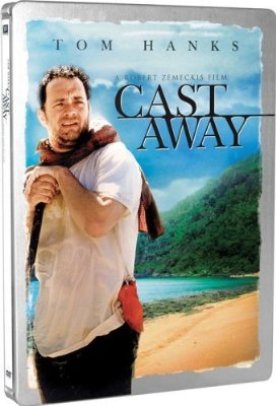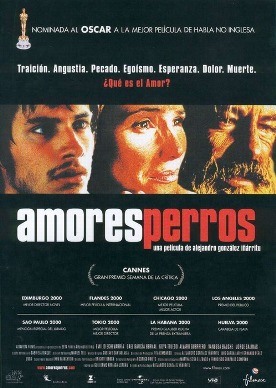Hearts and Minds
What’s the difference between the war in Iraq and the war in Vietnam? For those who belong to the anti-war party, it seems, there is none. That’s why the relevance to this autumn’s presidential election of the re-release of Peter Davis’s passionate anti-Vietnam War documentary, Hearts and Minds, from 1974 can just be assumed. The press materials for the film, which opens today at the Film Forum in Manhattan, include a blurb from Michael Moore saying that it is “not only the best documentary I’ve ever seen — it may be the best movie ever. . .as relevant today as ever.” Well, you can see why he would say that. Davis pioneered the use of the propaganda techniques that Moore himself has since brought to such a striking degree of refinement in Fahrenheit 9/11. In particular, Davis is a master at setting up scenes of those he doesn’t like — which is to say patriotic Americans and supporters of the war — looking ridiculous, foolish or vicious and juxtaposing them with scenes of those he does like — that is, the avowed enemies of the United States — looking brave, noble and hard done-by.
That’s what they call “irony” boys and girls.
Thus he shows us a brave, defiant communist against a backdrop of children’s coffins insisting that the anti-communist forces can never win in Vietnam, then cuts to the political and banking elite of anti-communist South Vietnam — we know that they are the political and banking elite because there is a notice on the screen to tell us so — enjoying themselves at a Saigon country club.”People in America will think we’re ridiculous,” says one of them. And if they don’t, it certainly won’t be the fault of Peter Davis.
Having established this as the film’s basic technique, he uses it again and again, mechanically inflicting on us manufactured irony after manufactured irony in place of any genuine argument about or investigation into the rationale of the war. So we see him cutting between scenes of high school football pagentry, or pep talks to the players from a clergymen about being “winners in the game of life” and American soldiers at a Vietnamese brothel. Revolutionary War re-enactors dressed as Minute Men are intercut with clips from crude1950s-vintage propaganda about the Communist menace. A South Vietnamese businessman says to the camera that he is a “Johnny-come-lately to the business of war profiteering” and then we see American planes spraying poison over the Vietnamese countryside. Of course we can’t actually tell what they’re spraying, but it comes right after a couple of peasants have been telling the camera of the loss of loved ones from “poison” dropped by the Americans.
The only break from this relentless assault comes with Davis’s employment of another technique which was later to be used by Michael Moore: the exploitation of the grief of those who have lost a son in the war. But Davis is a cleverer and more subtle exploiter than his pupil. In Fahrenheit 9/11, Moore shows us a bitter and resentful working class mother who thinks that, because her son died in Iraq, George Bush must be as bad a man as Michael Moore says he is. Davis, by contrast, shows us a couple who are obviously from the New England WASP aristocracy who are still supporting the war and President Nixon even though their son, Marine Captain William “Bing” Emerson, a Harvard graduate and great-grandson of Ralph Waldo Emerson, was killed when the helicopter he was piloting was shot down in Vietnam in 1968.
His parents talk lovingly of him to Davis’s camera, showing no overt signs of grief, and yet their old-fashioned ability to keep their emotions in check is somehow far more moving than the anger and self-pity of Moore’s subject. Surely this is because a significant part of what touches us about these scenes is the parents’ evocation of those old line WASP values — not only of emotional continence but also of patriotism and public and military service — which are now as dead as poor Bing Emerson. It is interesting to speculate whether Davis is just a more skilful propagandist than Moore or if, maybe, audiences in 1974 were still more likely to feel sympathy and admiration for stoicism and self-sacrifice than the avowedly selfish emotional outpouring of Moore’s bereaved mother.
In these scenes, however briefly, Davis rises above the crude propaganda of the rest. But even there he can’t resist labeling one interview in which the elder Mr Emerson praises the leadership of Richard Nixon: “Filmed early in 1973” — that is, before all the worst revelations about Watergate had come out. Contemporary audiences are of course likely to find these scenes puzzling. Bing’s parents’ calm belief in the rightness of their son’s sacrifice is scarcely imaginable now, at least in any cinematic representation, and his sister Ellen marched in one of the London protests against the Iraq war last year in her late brother’s name, according to a letter she wrote to The Independent — “Lest we forget the lessons of history.”
Davis, like Errol Morris in The Fog of War — and, for that matter, like John Kerry — is very big on these supposed “lessons,” but they are most of them bogus. His real purpose is the same as Michael Moore’s and depends on the despicable pretense that (a) the griefs of war are unknown or unfelt by war’s apologists and (b) that there is always an easy alternative. That is the hippie message, conveyed in one of the scenes of protest in the film: “All we are saying is give peace a chance.” Well, peace was given a chance and it couldn’t cut the mustard, boys. That’s why we had to go to war. But safe in their self-righteousness the protestors find it easy to suppose — the supposition that both Moore and Davis do their utmost to exploit — that those who make war do so because they like killing, or have some other bad motive of their own.
That’s why we still don’t bat an eye when one of Davis’s interviewees refers to the “criminality” of America’s leaders in Vietnam. Sure. Wasn’t that one of the “lessons of history”? Well, no it wasn’t, actually. But the preservation of the illusion that it was is useful from the point of view of those like Messrs Davis and Moore who believe that the human cost makes war never worth waging and therefore always, in effect, criminal. This is the reason for the identikit protestors who can now be made to turn out for any and every American military action overseas. What’s the difference between Vietnam and Iraq? Who cares? The anti-warriors only go through the motions of demonstrating that either the one or the other is “immoral.” At bottom they believe that all war, indeed all application of American power in the world, is immoral.
That’s the real lesson of history.
Discover more from James Bowman
Subscribe to get the latest posts to your email.



